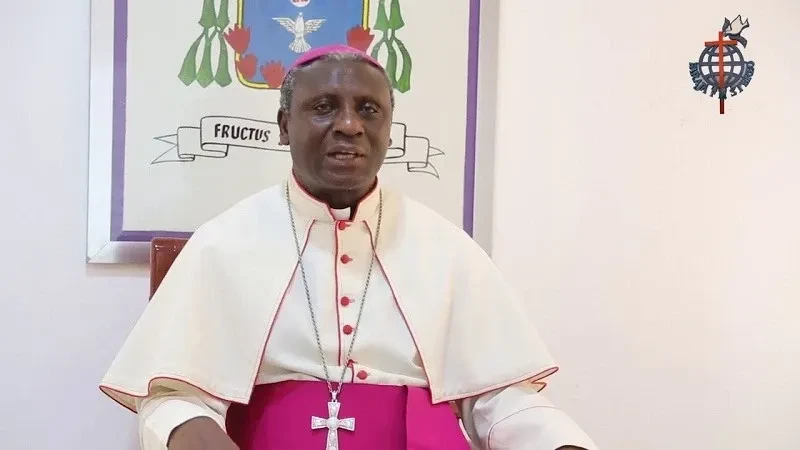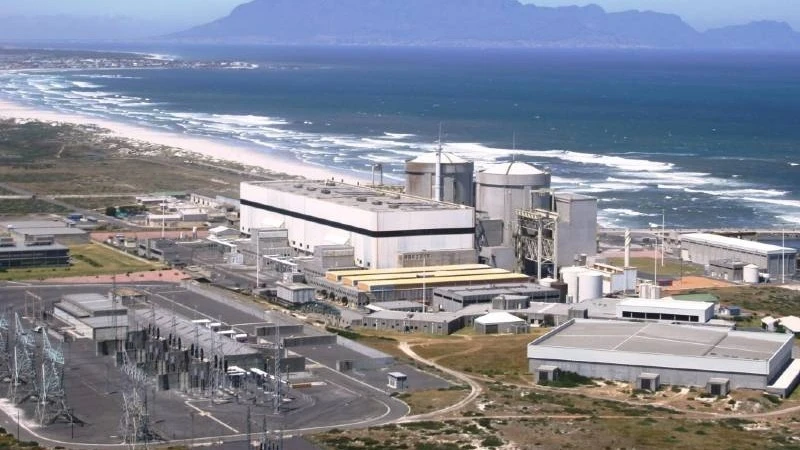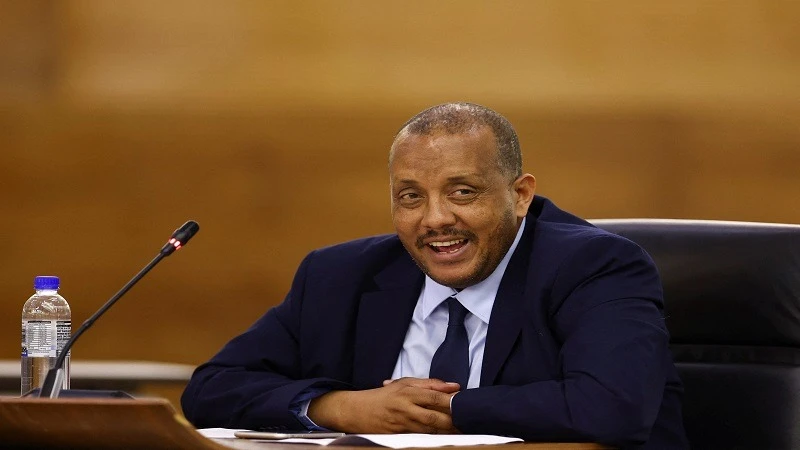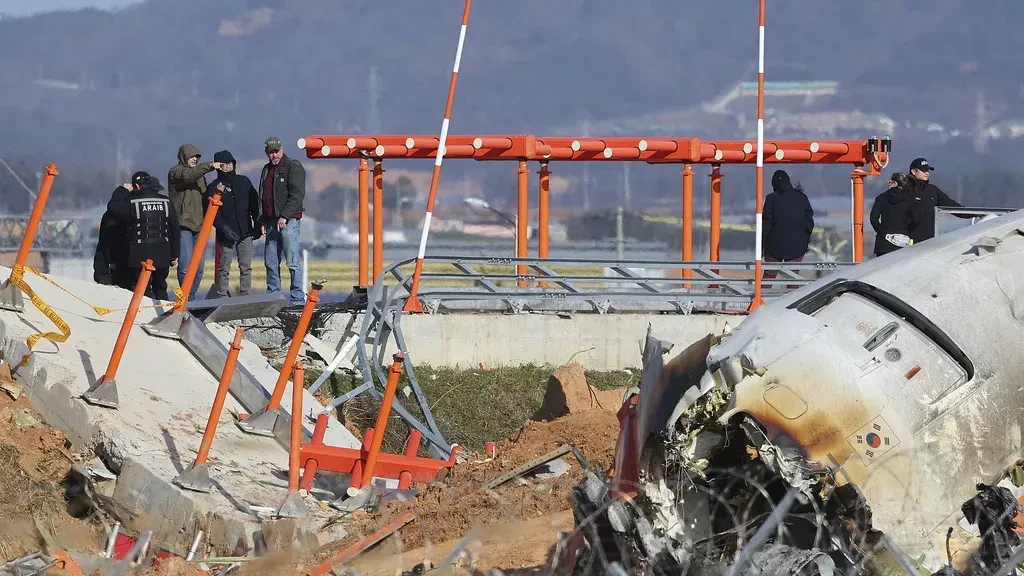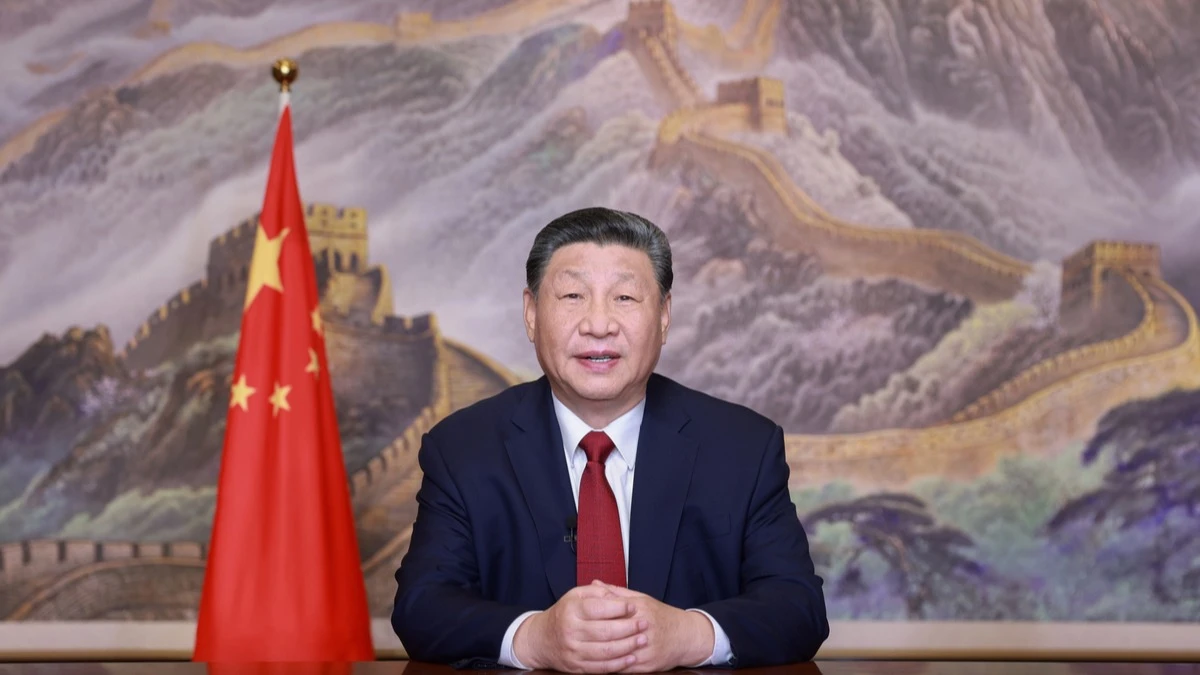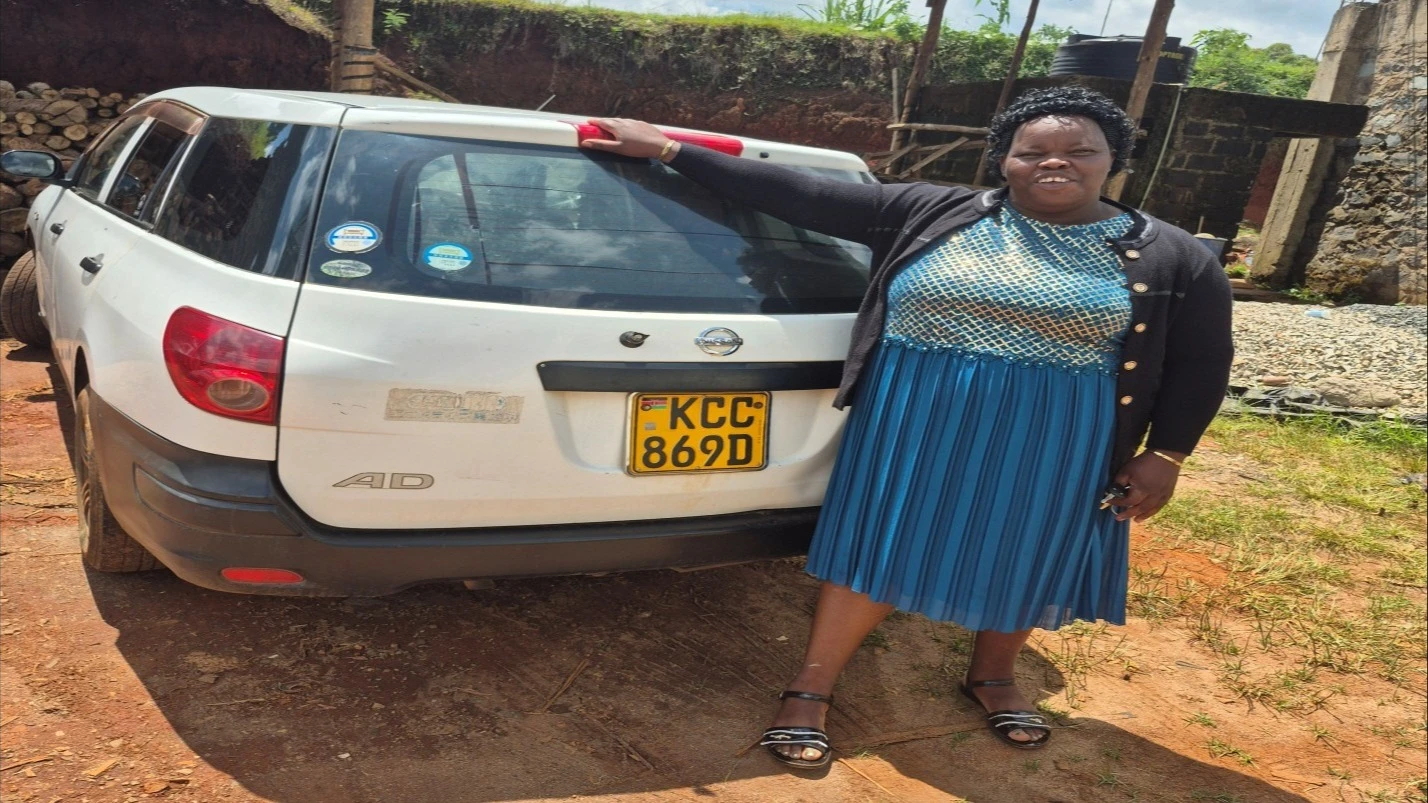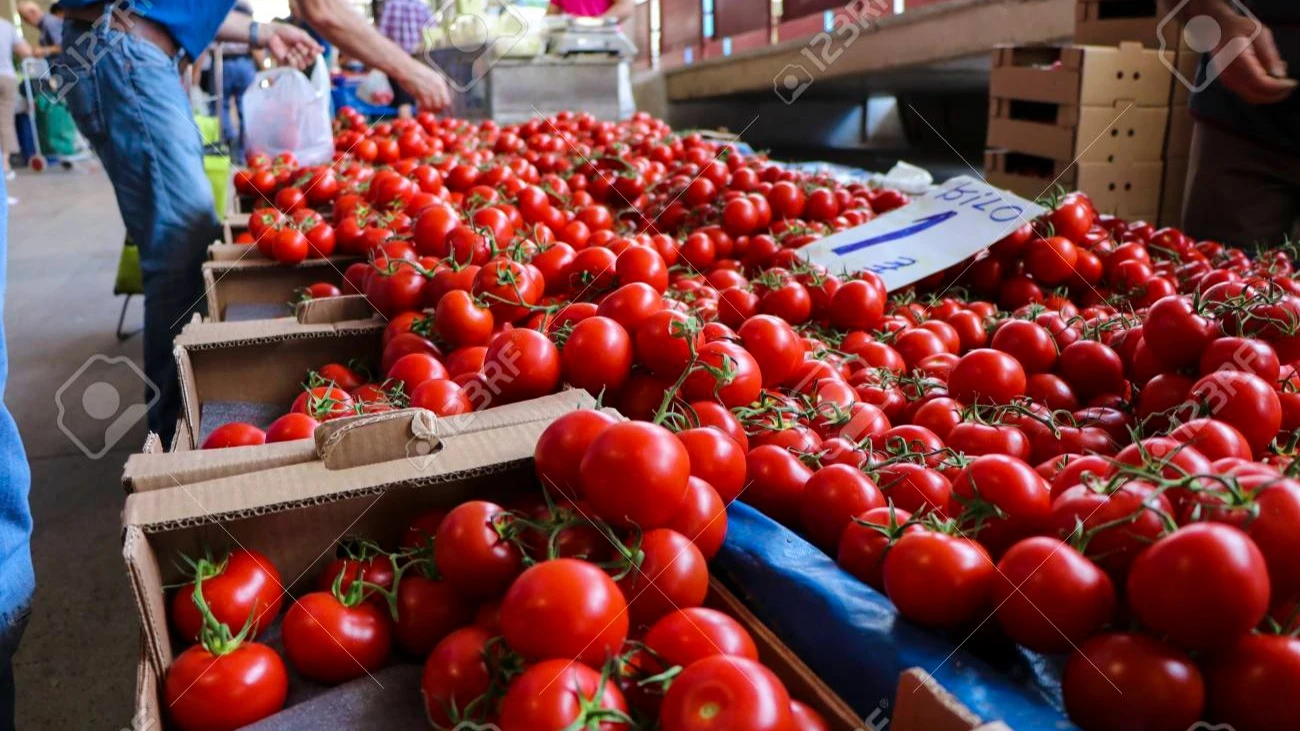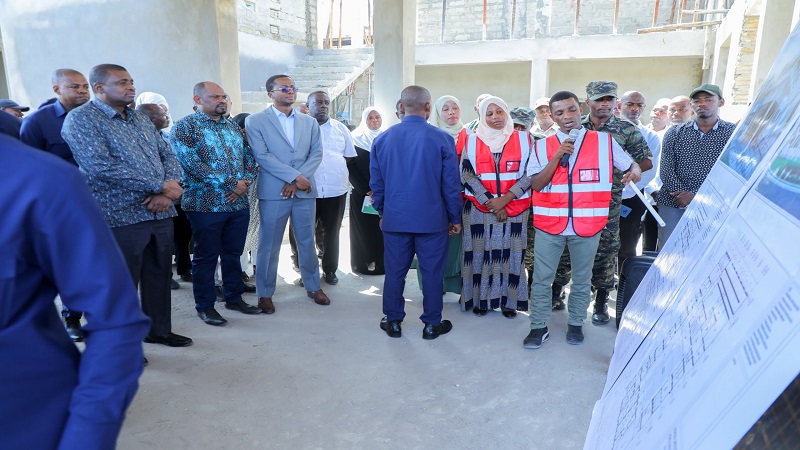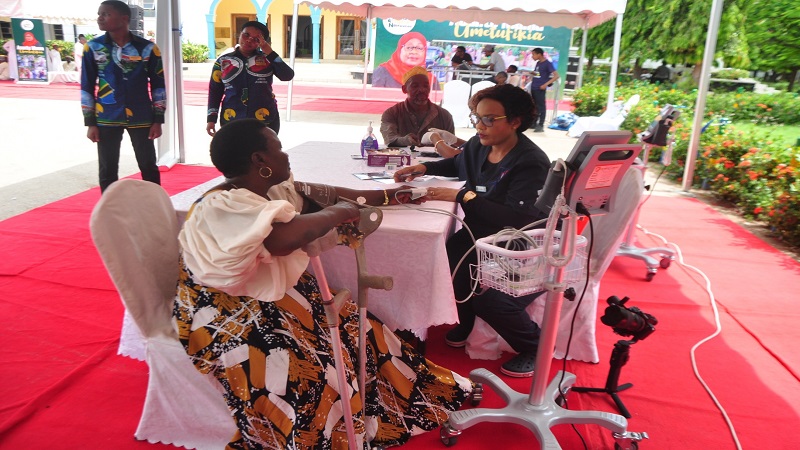Cultural heritage is opportunity to boost economic growth - RC
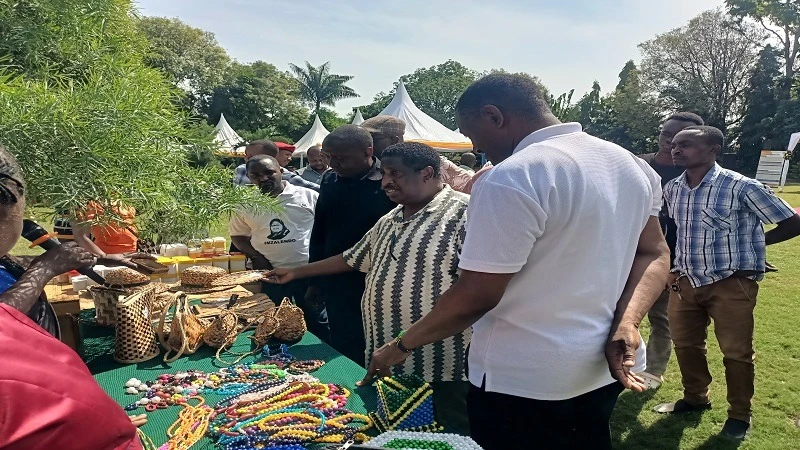
KILIMANJARO Regional Commissioner Nurdin Babu has urged local residents to leverage the Kilimanjaro Cultural Festival (KCF) to celebrate their traditional rich heritage and promote economic development.
Speaking here over the weekend at the launch of the KCF’s second edition, Babu emphasised the significance of reviving traditions and customs of the region’s ethnic groups, including the Chagga, Maasai and Pare, through showcasing indigenous foods, beverages, and languages.
“We want Chagga Pare, and Maasai children to compete in their native languages and understand their culture. At a recent event, a child couldn't even say 'mchanga' (sand) when asked about their ethnic group. If we do not act now, these languages will disappear,” Babu said.
The Regional Commissioner stressed the importance of major initiatives to strengthen the region, which already benefits from a strong sense of security and stability.
Babu also pledged the region’s full support for the festival, instructing the organisers to collaborate with the Kilimanjaro Regional Administrative Secretary (RAS), Kiseo Nzowa, to ensure the event’s continues to succeed.
He further urged Kilimanjaro’s residents, particularly the youth, to use the festival as a learning platform to understand the value of traditional foods, beverages, and parenting practices, alongside the importance of preserving indigenous languages and customs.
He also called for permanent facilities to host the growing festival, suggesting that organisers work with the Moshi Municipality and Moshi District Council to secure land for this purpose.
The festival, which initially started from a WhatsApp group of Kilimanjaro residents, has grown in scope and influence.
KCF chairman Ansi Mmasi acknowledged the festival’s role in preserving and promoting the traditions of Kilimanjaro’s ethnic groups while simultaneously driving economic growth.
“Even those who do not initially appreciate cultural matters will eventually recognise their economic value and the opportunities they bring,” Mmasi said.
Mmasi also shared exciting plans for the future, including the promotion of cultural tourism attractions, such as waterfalls and traditional sites, to draw visitors to Kilimanjaro.
The goal is to integrate culture with economic growth by encouraging tourists to experience local traditions, foods, and homestays.
Regarding the Kilimanjaro homestay programme, which was launched last year, Mmasi revealed that over 300 houses have been identified for inclusion in the programme, with more than 40 already inspected and approved for use as tourist accommodations.
On his part, Nzowa praised the festival’s efforts, highlighting the importance of preserving cultural traditions as a means of maintaining community identity.
Top Headlines
© 2025 IPPMEDIA.COM. ALL RIGHTS RESERVED








